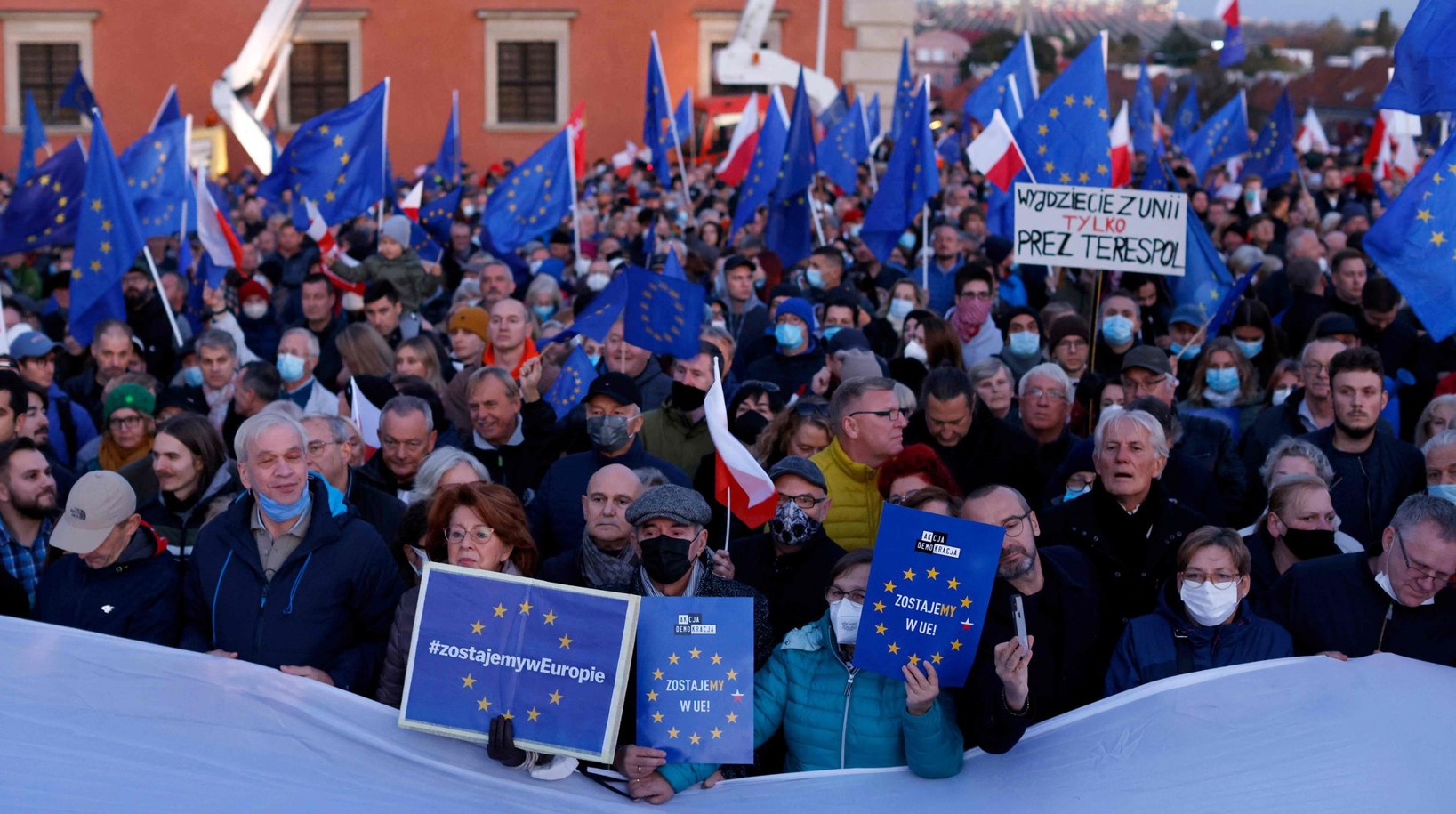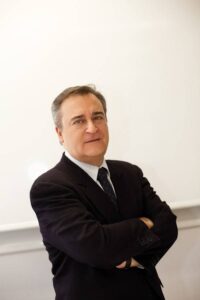
05 Nov IS EUROPEAN INTEGRATION THE SOLUTION OR THE OBSTACLE?
Over seventy-five years have passed since the foundations of a political initiative to create an integration process in Europe in the aftermath of World War II. Throughout the second half of the twentieth century and into the first quarter of the twenty-first, Europe has witnessed the rise of effective supranationalism in the present form of the European Union and its institutions, which govern key areas of the daily life of more than four hundred million European citizens.
However, in the last decade an increasing social disaffection is spreading across the continent that has often laid the groundwork for the resurgence of hostile nationalisms, identity politics, and widespread euroscepticism. This phenomenon is closely linked to how the European Union has responded to the challenges brought about by globalization — including economic crises, technological gaps with global powers, health emergencies, security, and international conflicts in the form of traditional interstate wars.
The challenge posed by dissenting voices manifested across the political spectrum leaves little room for consensus, particularly on sensitive issues such as migration and the development of a common security framework in response to aggression on Europe’s eastern borders. These divisions complicate the prospects of European Union enlargement in regions such as the Western Balkans and Eastern Europe, as well as the advancement of what scholars and policymakers have termed strategic autonomy.
This seminar will explore these challenges, the potential benefits of deeper integration, and the tools necessary to address polarization within European Union Member States while rethinking the European integration project in the current geopolitical context.
The seminar will be divided into six lectures:
1. Political foundations of integration: from national to supranational.
2. The European integration process: from confrontation to co-governance.
3. Lights and shadows of the European integration process.
4. Analysing the social disaffection to the European integration.
5. The political opposition to the European integration: from Euroscepticism to Nationalism.
6. The future of the Europe: European Dream or European nightmare?
ANTONIO DE_CASTRO
Antonio de Castro is Vice-Rector for Academic Affairs at IE University. He is Ph.D. in Social Sciences, Diploma in Legal European Studies of the College of Europe and graduate in Law by Madrid’s Autonomous University.
Before joining IEU, he worked in the General Secretariat of the Council of the European Union (Brussels, Belgium) as EU Principal Administrator in the areas of External Relations (relations with Central and Eastern Europe) and Institutional Affairs (Information policy and Transparency).

Skills
TBD
Schedule
Which dates?
02-mar
09-mar
16-mar
23-mar
13-apr
20-apr
What day?
MONDAYS
What time?
17.00-18.30
